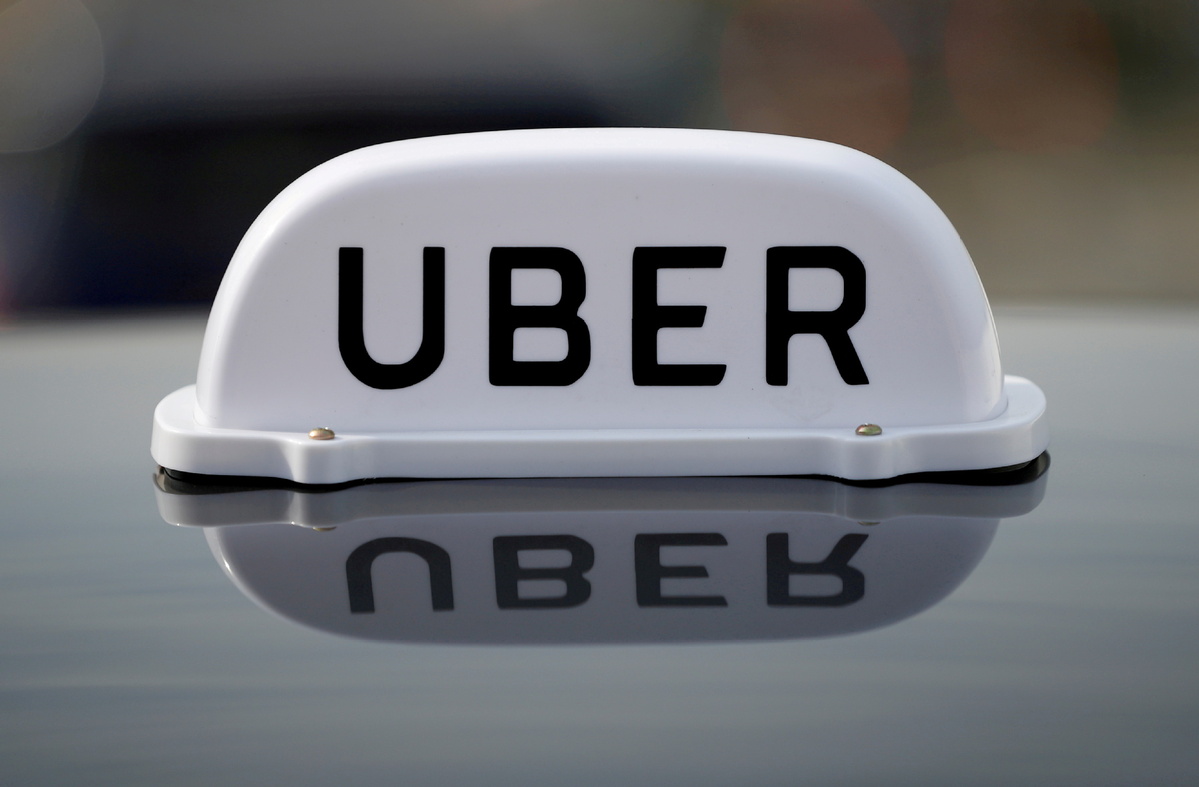UK court's ruling set to shake up gig sector
By EARLE GALE in London | China Daily Global | Updated: 2021-12-08 09:21

Uber and other similar companies may need to 'overhaul their business model'
The ride-hailing app Uber could end up charging customers in the United Kingdom 20 percent more for journeys because of a High Court ruling that could shake up the wider gig economy.
The company, which matches people in need of transportation with drivers wanting to earn extra money, was told in court earlier this year private hire taxi companies, not their drivers, are the ones making contracts with customers.
That ruling opened the door to money paid in fares being liable to value-added tax, or VAT, which would raise fares by 20 percent, if passed on.
The BBC said Monday's ruling by Justice Peter Fraser and Justice Stephen Males followed the earlier Supreme Court judgement by Justice George Leggatt that also said Uber's drivers must be treated as workers, not contractors.
The fact that the earlier ruling said people hailing a ride through the Uber app are, legally, considered to be dealing with the company, not the individual driver, was challenged by Uber.
The BBC said Monday's clarification of the earlier ruling will have far-reaching consequences, not only for Uber but other companies in the gig economy.
While the ruling initially only applies to companies operating in the UK capital, both Uber and industry groups said it will inevitably end up applying throughout the UK.
The BBC quoted a spokesperson for Uber as saying: "Every private-hire operator in London will be impacted by this decision, and should comply with the Supreme Court verdict in full."
Transport for London, which regulates private-hire companies in the UK capital and which had previously tried to ban Uber from operating over fears it disrupted normal taxi companies' operations, issued a notice on Monday telling businesses to review the way they operate.
"All operators will need to carefully consider the court's judgment and take steps to ensure that they comply with it, including considering whether any changes to their way of working are required," the notice said.
The Financial Times newspaper said the ruling also means Uber, and other companies like it, could be liable for anything that goes wrong during a journey.
In addition, the fact Uber drivers must now be regarded as workers and not contractors means they will be entitled to at least the legal minimum wage, paid breaks, and paid vacations, the paper said.
The Bloomberg business news service said Monday's ruling means Uber and other companies operating similarly will likely have to "overhaul their business models".
Companies operating in the gig economy will pay attention to the ruling, the FT said, and closely watch upcoming proposals from the European Union, which is also pushing to have workers in the sector treated as employees, instead of as self-employed contractors, and for value-added tax to apply.
The FT said such changes could cost companies in Europe's gig economy 4.5 billion euros ($5.1 billion) a year.
























